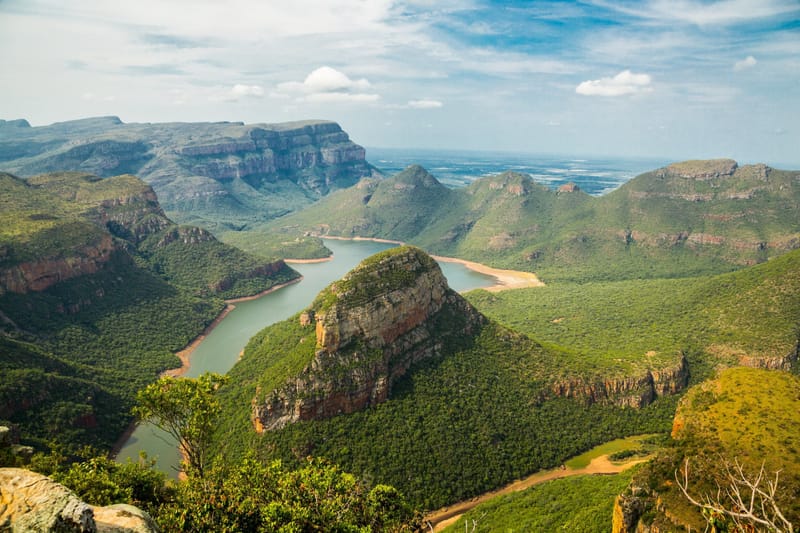NATURAL RESOURCES

Africa’s Natural Resource Wealth: A Continent of Untapped Potential
Africa is one of the most resource-rich continents on the planet, endowed with a vast and diverse array of natural assets that, if strategically harnessed, have the potential to power an era of unprecedented economic growth and social development. Beneath its surface lies an extraordinary bounty of minerals and metals essential to both traditional industries and the technologies of the future. The continent holds over 30% of the world’s mineral reserves, including 40% of global gold reserves, 90% of chromium and platinum group metals, and significant quantities of diamonds, manganese, iron ore, and bauxite.
But Africa’s value extends beyond what’s underground. The continent is rapidly becoming a critical player in the global energy transition, thanks to its immense reserves of lithium, cobalt, copper, and rare earth elements—the key components in batteries, electric vehicles, and renewable energy systems. The Democratic Republic of Congo, for example, supplies over 70% of the world’s cobalt, making it indispensable to the future of clean energy.
In addition to mineral wealth, Africa boasts vast tracts of arable land, accounting for 60% of the world’s uncultivated agricultural land, making it a potential breadbasket for a growing global population. Its forests are among the most biologically diverse ecosystems on Earth, supporting both climate resilience and biodiversity. Moreover, with abundant sunlight, wind corridors, and major river systems, Africa holds exceptional promise in renewable energy development, offering opportunities not only for domestic electrification but also for becoming a global exporter of green energy solutions like green hydrogen and solar power.
Despite this enormous potential, much of Africa’s resource wealth remains underdeveloped or mismanaged. Historically, the continent has suffered from extractive relationships with foreign powers, a lack of value-added processing, and insufficient reinvestment into local economies. However, this is beginning to change. A new wave of policies, local ownership models, and foreign partnerships are emphasizing transparency, sustainability, and inclusive development. Countries are increasingly demanding local beneficiation, community participation, and environmental stewardship as part of the development process.
When responsibly harnessed, Africa’s natural resource wealth can be the foundation for infrastructure expansion, job creation, industrial diversification, and technological innovation. It can power schools, hospitals, transport networks, and digital connectivity, laying the groundwork for thriving economies and empowered societies. Most importantly, it can fuel a new narrative — one where Africa is not simply a source of raw materials, but a center of value creation, resilience, and global leadership.
The opportunity is enormous — not just to extract resources, but to invest in a generational legacy of prosperity, sustainability, and sovereignty for Africa and its people.